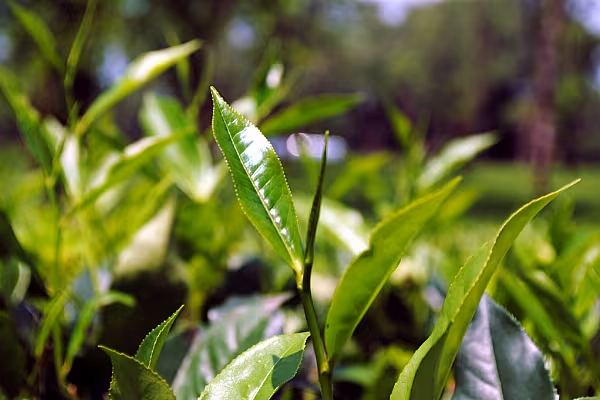A drought in Kenya is set to benefit McLeod Russel India Ltd., the world’s biggest tea grower.
Hot, dry weather in the African nation, the No. 1 exporter of black tea, is threatening to cut output, and a dip in global supply may help boost auction prices for McLeod Russel this year by as much as 8 percent, Chief Financial Officer Kamal Baheti said in an interview.
“Since there’s been a shortage of crop in the overseas markets, exports from India will increase and that will have a positive impact on the prices,” Baheti said from his office in the eastern Indian city of Kolkata, formerly known as Calcutta.
Prospects of better prices may provide the Indian grower a shot in the arm as it’s sought to reverse a decline in profit amid a forecast for stagnant leaf production for the next five years. McLeod Russel, which traces its origins to a partnership formed by two Englishmen in 1869, owns 40,213 hectares of tea plantations in India, Vietnam, Rwanda, and Uganda.
Average auction prices may rise to 180-185 rupees per kilogram by end of March 2016 from 172 rupees last year, Baheti said. Net income in the current financial year may rise fivefold to 1.5 billion rupees ($24 million), the first increase since the 12 months through March 2012, while sales may climb 14 percent to 18.5 billion rupees, he said.
Shares of McLeod Russel have slid 30 percent in the past year versus an 8.3 percent gain in the benchmark S&P BSE Sensex. The stock rose 1.2 percent to 223.65 rupees as 10 a.m. in Mumbai.
Tea prices suffered last year as Kenya and Uganda had record crops while demand fell in the Middle East because of political unrests, said Jignesh Makwana, an analyst at Quantum Securities Pvt., by phone from Mumbai.
Stagnant Output
“The drought in Kenya will boost prices this year by about 10 percent to 15 percent,” Makwana said. “A higher crop in Assam and Sri Lanka because of good rains may restrict prices from rising further.”
Dry weather in Kenya and unseasonal rains in Uganda may cut global output this year, boosting India’s exports by 9.5 percent to 220 million kilograms even as domestic consumption grows on rising incomes, Baheti said. Global production of tea dropped 7.4 percent to 435 million kilograms in January to April from a year earlier driven by a 31 percent slump in Kenya’s output, data from the Indian Tea Association showed.
Tea production in India will remain stagnant near 1.2 billion kilograms for the next five years as no additional land is being planted under the crop, Baheti said. Kenyan output may drop to 400 million kilograms this year from 445 million kilograms last year, according to Baheti.
McLeod’s total output may rise by 8 million kilograms to 113 million kilograms this year, while exports may jump 54 percent to 20 million kilograms, Baheti said.
Bloomberg News, edited by ESM














